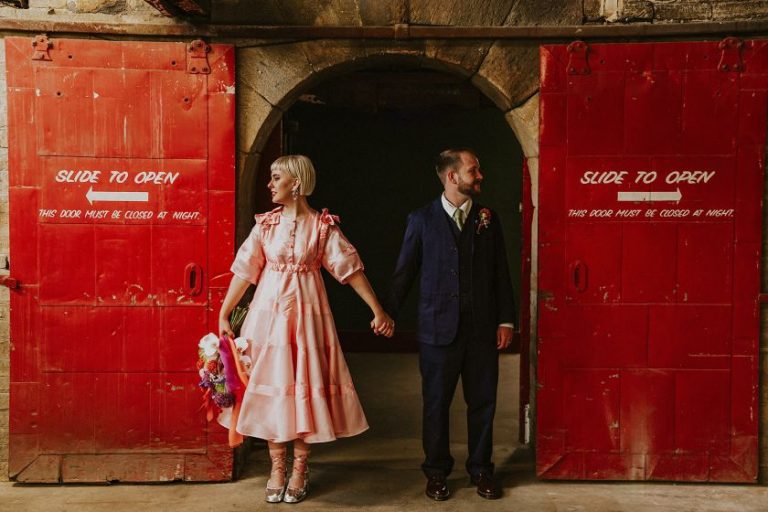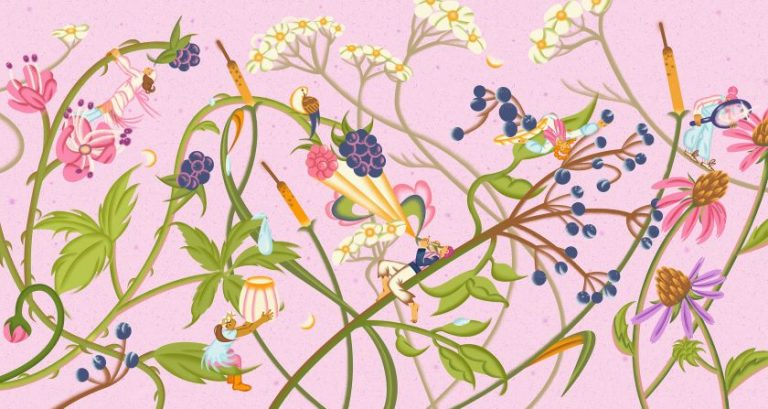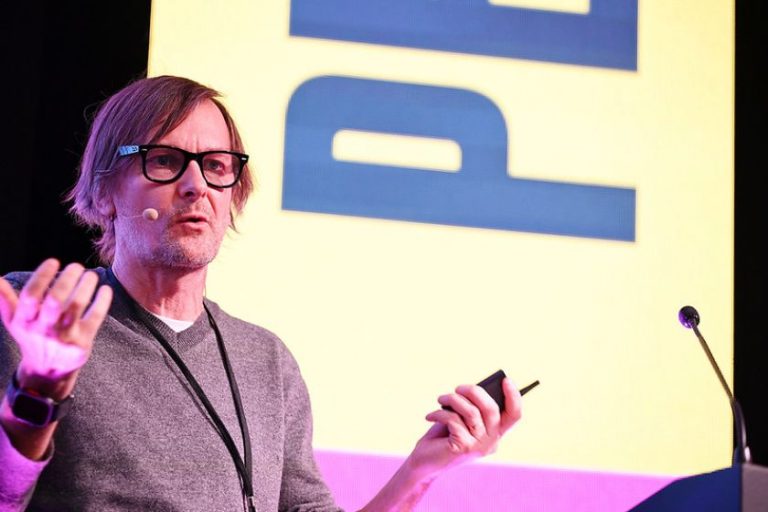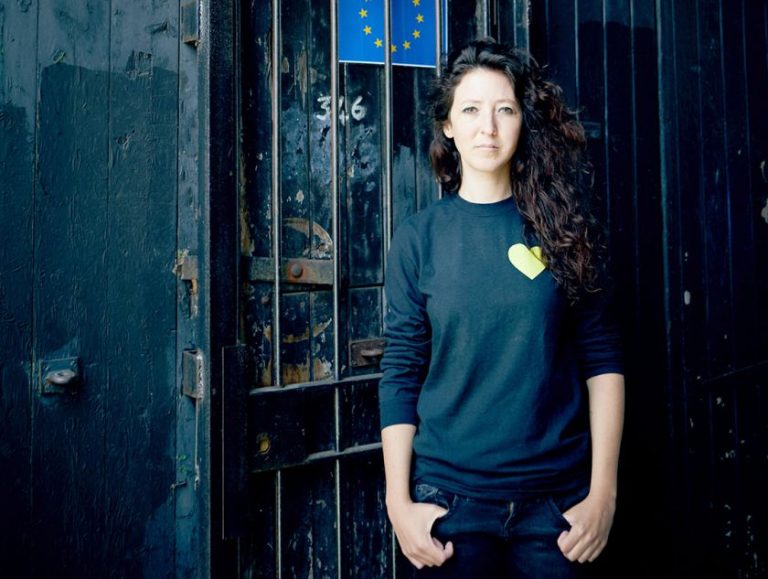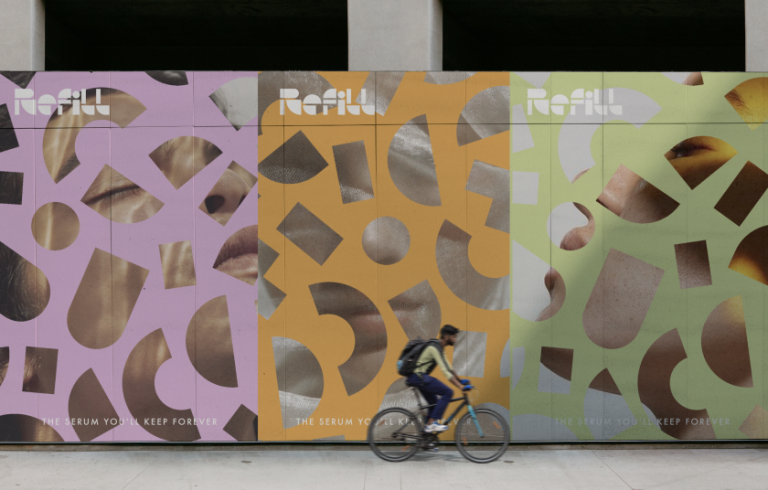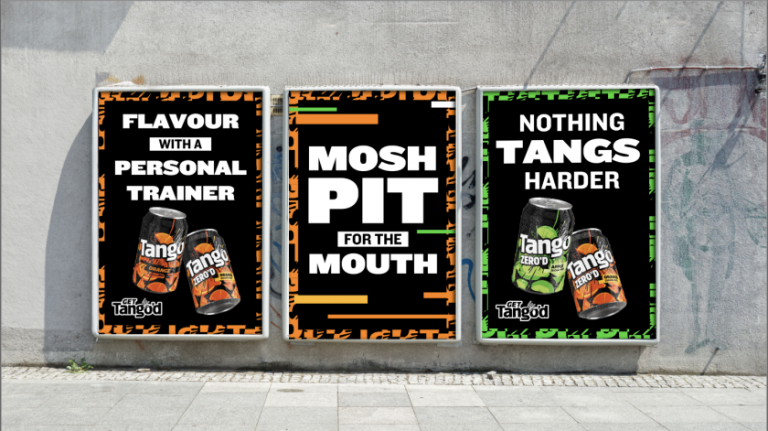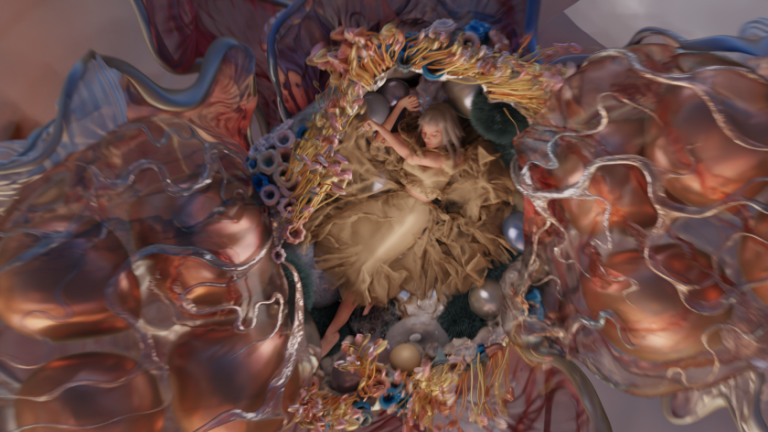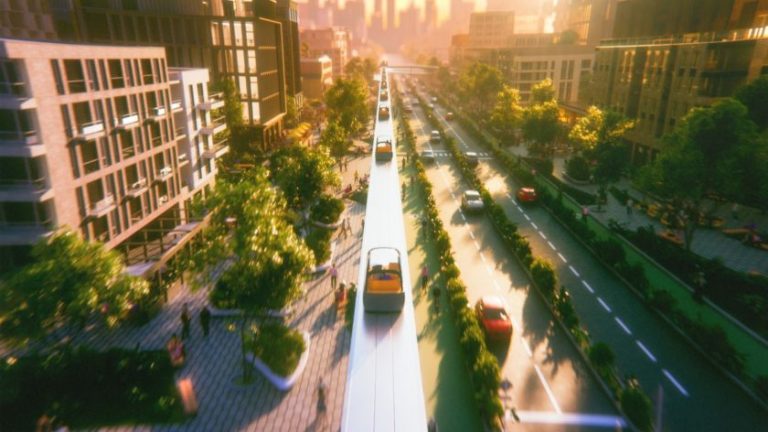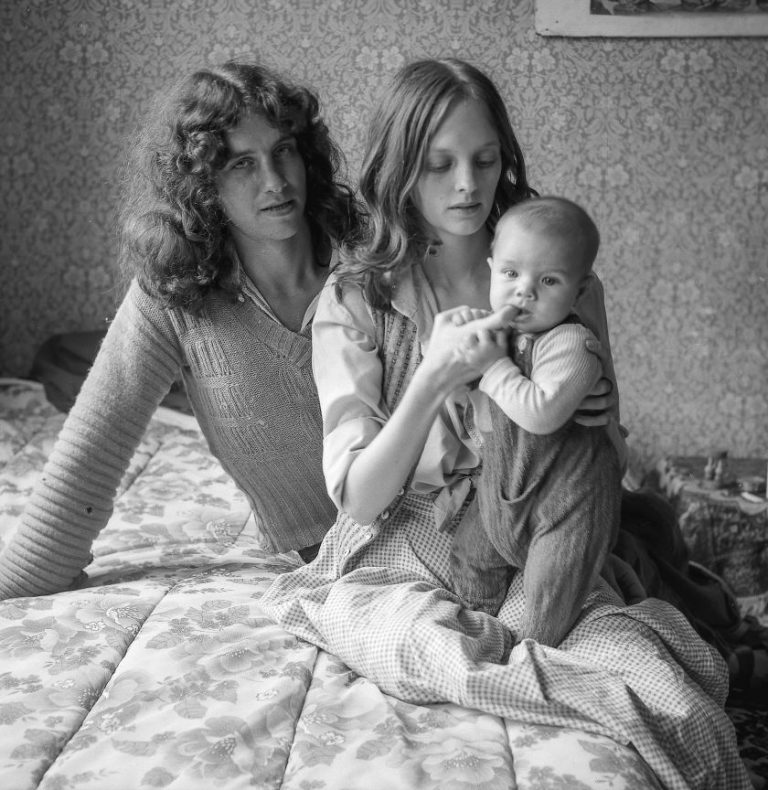Images via Adobe Stock
Keir Starmer says the UK can become a leader in AI – but at what price to the artists, illustrators, animators, musicians and writers who have given the country its thriving creative industries?
The Creative Rights in AI Coalition has called on the British government to provide assurances that copyright held by creatives will continue to be protected by law. This follows the unveiling of a plan by the prime minister, Keir Starmer, to turn the UK into an artificial intelligence superpower.
The AI Opportunities Action Plan claims, “…uncertainty around intellectual property (IP) is hindering innovation and undermining our broader ambitions for AI.” It recommends following an opt-out approach, which the EU is currently considering.
In response, the Creative Rights in AI Coalition has issued a release stating: “There is no ‘uncertainty’ in the UK text and data mining regime: it is clear that UK copyright law does not allow text and data mining for commercial purposes without a licence. The only uncertainty is around who has been using the UK’s creative crown jewels as training material without permission and how they got hold of it, making transparency provisions vital.”
While the PM and his ministers have outlined all sorts of ways in which AI can benefit the health service and boost productivity in various other sectors, the plan has caused a ripple of worry to run through the country’s creative industries, which are already feeling the full force of the AI revolution as copyrighted works are used to train generative AI applications without permission or compensation.
Thrown under the bus
Under the government’s proposed opt-out system, the assumption will be that any work can be used to train AI models unless the creator opts out. How this can be implemented is unclear, whereas current copyright law is very straightforward. Without transparency from AI companies, artists can’t prevent work scraped from the internet from being used.
Writing in the Guardian, Ed Newton-Rex says Labour’s plan will throw creatives under the bus. “The only upside to upending copyright law in the manner proposed is attracting a few large, foreign AI companies to set up offices here. These are the companies that have been lobbying the government heavily for this change. They are also, incidentally, some of the companies that have ecstatically welcomed the action plan,” he points out.
To add to the confusion, the government is currently in the middle of a consultation on the way forward in AI and copyright, which won’t conclude for another six weeks. What will happen if the consultation makes recommendations counter to Recommendation 24 in the government’s 50-point plan? Or has that ship already sailed?
Only the corporates will survive
If copyright is turned on its head as the government proposes, Jill Bainbridge, Head of Intellectual Property at law firm Harper James, believes it’s the small businesses and independent artists who will suffer most. The logistics of opting out will be more feasible for large creative businesses, which already have legal departments to protect their IP.
“An opt-out system assumes that all material is available for use, which undermines the rights of creators and risks devaluing their work. Striking the right balance between fostering innovation and protecting creators’ intellectual property is crucial,” says Bainbridge.
Creative Rights in AI Coalition – which includes bodies representing illustrators, writers, photographers, musicians, publishers and more – points out that in a recent survey by Reset Tech and YouGov, 72% of respondents said that AI companies should pay royalties to creatives, and 80% said they should be required to disclose what material their model had been trained upon.
The organisation is calling on creatives to contact their MPs to pressure for a rethink. Details can be found on the organisation’s website.


